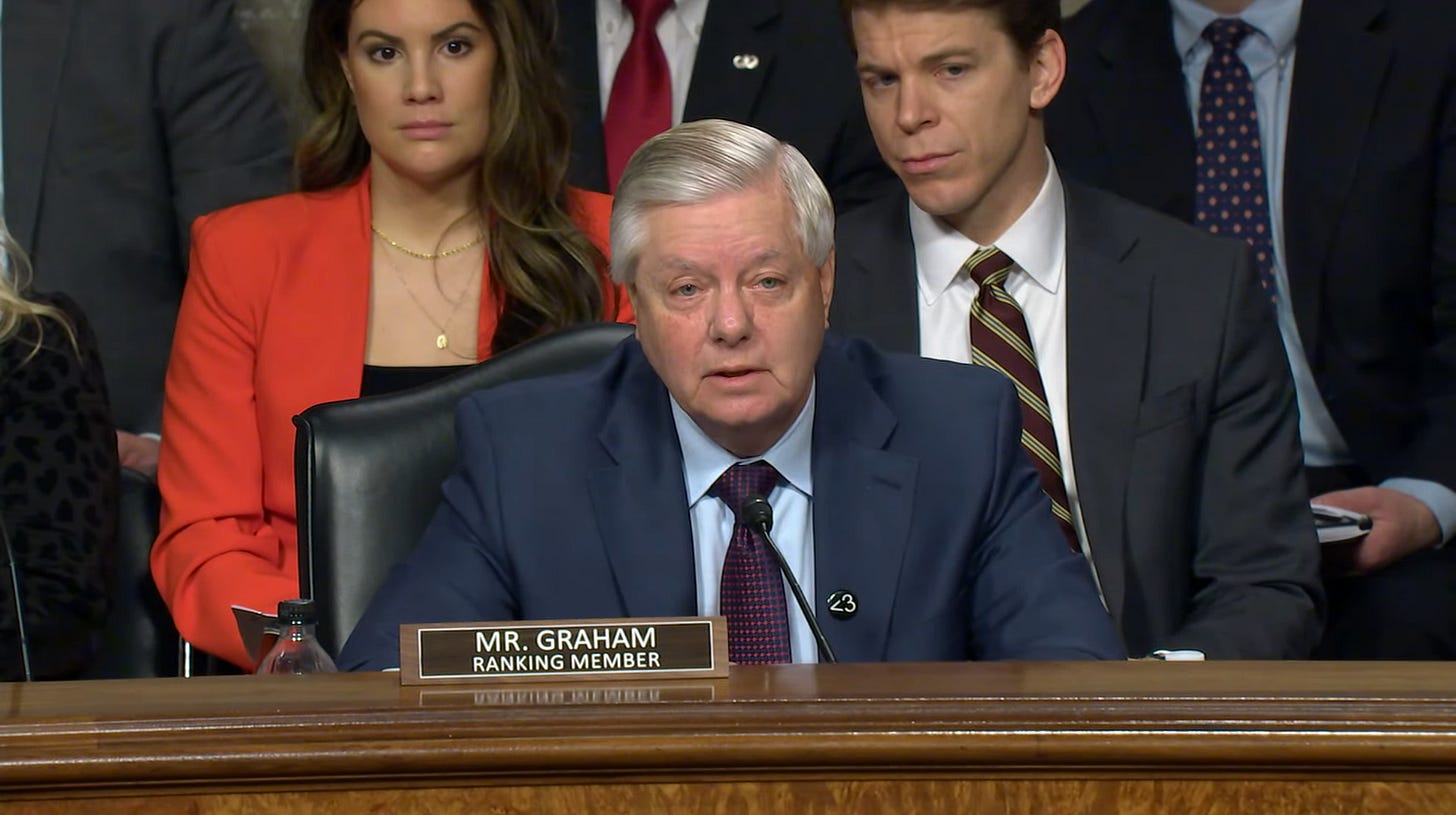Welcome to AI Policy Weekly, a newsletter from the Center for AI Policy. Each issue explores three important developments in AI, curated specifically for AI policy professionals.
(You may have noticed that we changed our name, which was previously “3-Shot Learning.” We received multiple comments that this was too nerdy, so we are toning it down.)
The Executive Order Comes to Life
The Commerce Department issued a notice of proposed rulemaking with requirements for US cloud computing providers to identify their customers and report when foreign customers train massive dual-use AI models. This aligns with calls from Microsoft and GovAI to institute “Know Your Customer” (KYC) guidelines for AI cloud computing, akin to best practices in the financial sector.
The rulemaking is the latest action in a lengthy history of Executive Orders; it addresses directives in Trump’s 2021 Cyber EO, which in turn addressed a national cyber emergency that Obama declared in 2015. Most recently, the AI EO from October 2023 directed Commerce to work on this area.
Commerce has also begun implementing another AI EO requirement to collect reports from large AI companies and large compute clusters, under authority from the Defense Production Act. The reports include basic information like safety test results and corresponding risk mitigations.
The Commerce Department’s two projects are part of a large collection of government efforts under the AI EO, and many of these efforts are well underway. In fact, the White House reported on Monday that all the 90-day deadline projects have been completed.
One of the most significant completed projects is the National AI Research Resource (NAIRR) Pilot, which launched last Wednesday. The project aims broadly to support American AI research and broaden access to AI resources; for instance, researchers can begin applying for government supercomputer access to conduct projects advancing “safe, secure, and trustworthy AI.”
The NSF is leading the NAIRR Pilot in collaboration with over 35 different public and private partners.
The contributions from the non-governmental partners range considerably in generosity. For example, Nvidia and Microsoft are contributing tens of millions of dollars in compute credits, whereas Meta is offering collaboration to researchers who study its openly available Llama models.
If the NAIRR Pilot goes well, Congress may move to expand it by passing the CREATE AI Act.
Senators Drag Big Tech CEOs Onto the Hill
A common concern in AI policy circles is that regulatory responses will lag behind technological advancements, leading to significant harm. Some argue that this failure has already occurred in the case of social media.
The latter sentiment was a common theme in Wednesday’s Senate Judiciary Committee hearing, which featured executives of top social media companies like Meta and TikTok.
The social media CEOs—some of whom appeared only after enforcement through subpoenas and US Marshals—faced intense scrutiny over their industry’s societal impacts from nearly every member of the Judiciary Committee, including Senators Durbin, Graham, Klobuchar, Cornyn, Coons, Lee, Whitehouse, Cruz, Blumenthal, Hawley, Hirono, Cotton, Padilla, Kennedy, Butler, Tillis, Ossoff, Blackburn, and Welch.
The Senators pressed on issues ranging from fentanyl trafficking and child pornography to business incentives and liability immunity.
They also called for enacting concrete legislation, such as the EARN IT Act. The results of these legislative initiatives could serve as a critical gauge of Congress's ability to address other AI-related issues.

South Korean Project Busted for Smuggling Chips to China
Last Thursday, the Seoul Main Customs Office announced that it had uncovered a group that illegally sent 53,000 US-made chips to China over a 3-year period beginning in August 2020. With a total value exceeding $8M (₩11.8B), this is probably the largest ever hardware smuggling operation by value.
The traffickers purchased large quantities of chips from official distributors and only smuggled a fraction of these. This helped disguise their activities, which violated several Korean laws since the chips are useful for military applications.
The chips are not designed for AI, but rather for converting “analog signals to digital in communication relays.” However, AI-specific hardware smuggling seems poised to become a pressing problem.
To prevent smuggling, Congress should seriously consider increasing funding to the Bureau of Industry and Security (BIS), which enforces export controls. Some believe that a BIS budget increase is “likely to be one of the best opportunities available anywhere in U.S. national security.”
News at CAIP
This weekend, we’re launching two new recurring features on our Twitter and LinkedIn. Five Fact Friday and Six Stat Sunday will keep you informed about the most important stories and trends in AI. Read a sample here.
We published a blog post highlighting the strong public support for a new federal office to oversee AI, with motivation from the recent letter on this topic that several senators sent to Majority Leader Schumer.
Quote of the Week
The function of the guru has needed to be overhauled in modern times. [...] AI is in a perfect position to do those things, renovating the role of the guru by starting fresh.
—professor, author, and alternative medicine advocate Deepak Chopra, in a new article titled “How to Make AI Your Guru”
This edition was authored by Jakub Kraus.
If you have feedback to share, a story to suggest, or wish to share music recommendations, please drop me a note at jakub@aipolicy.us.
—Jakub





